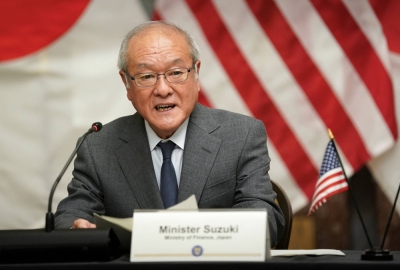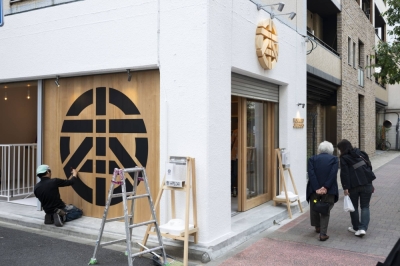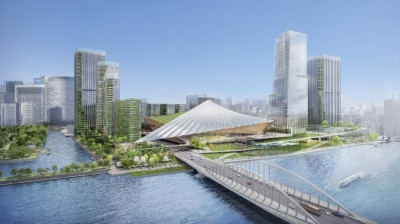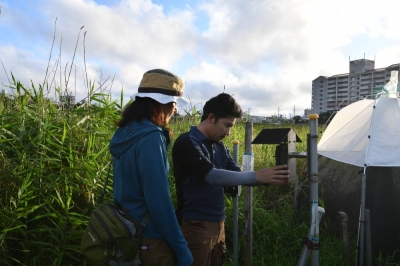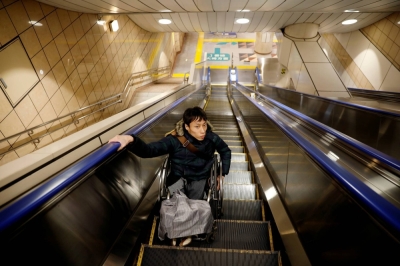Meta
Ronald Meinardus
For Ronald Meinardus's latest contributions to The Japan Times, see below:
Mar 2, 2006
Jan 10, 2006
Dec 19, 2005
Dec 8, 2005
Jul 27, 2005
Jun 20, 2005
Jun 11, 2005
May 3, 2005
Dec 26, 2004
Dec 2, 2004
Oct 31, 2004
Oct 20, 2004
Aug 18, 2004
Jun 13, 2004
Jun 5, 2004
Apr 26, 2004
Apr 20, 2004





